So six (yeesh) months ago in order to promote Son Of Danse
Macabre, I offered to reward anyone who bought the book with a free review of
their choice. This I did, with the exception of four requests. I could give
plenty of excuses for why I wasn’t able to get around to these, hectic
holidays, other projects, personal and professional messes. The real reason is
much more simple. I am a man of low moral character and my mother would be
ashamed of me.
That out of the way, it’s time for me to wrap up my long
overdue commitment, so here the first of the final four, the others should
follow in fairly rapid succession (knock on wood).
I’ve written about this before, but I should reiterate that
as a rule Godard films leave me more or less completely cold. I believe the choice
between Godard and Truffaut is one of those defining Beatles V. Rolling Stones
decisions that doesn’t merely point towards your tastes but defines them.
Godard movies are closed circuits to me, po faced, married to their time, and
ultimately shallow. Precocious in the worst sense of the word.
So somewhat contrarily I welcome situations where I have to see
Godard films. Getting to cross a work of the canon off the list is always a
worthwhile chore, particularly one that I would have little motivation to seek
out on my own. And the idea of reading the film as horror had a certain amount
of intrigue to it. Maybe all I needed to shake things up was a shift of perspective.
As you might have guessed from the preamble, Weekend did
little to shift my position on Godard.
Weekend follows a horridly venal married couple who in the
film’s long prologue separately plot to murder one another, after they murder
the wife’s Father (jointly this time) for his inheritance. On the way to do the
deed they find themselves constantly waylaid by Car Wrecks (which would be a fine gag if it struck one as more than warmed over Bunuel), the general decay of society, people who do pantomine in the woods and this being
Goddard the politics of the chic.
Seeking an avenue into Weekend as horror proves difficult,
whether one is interpreting the mounting absurdities they encounter as a
literal purgatory (which in fairness there is textual support for), or taking the apocalypse that surrounds the heroes as the literal big one (tougher to swallow). More likely is the interpretation of Weekend as your averagel “Hell is other
people but these people in particular,” riff. In the film’s
most (or is it 2nd most) famous scene the couple get in yet another
car wreck and the woman screams in horror over her ruined handbag, caring
for material goods instead of the the people in the crash or herself. As satire this doesn’t rise
much above Godard nudging you in the ribs and saying, “Man what a Gorgon
amirite?” Not a lot of depth there.
And ultimately its this, the impossibility of investing in these characters as people. The naked contempt that makes the film invalid as a work of horror. Horror requires sympathy, empathy. Godard has none. Surrealism is all well and good but
for horror to work their has to be some core of relatable or at least
recognizable human behavior. To have a character not comprehend what is
happening to them is one thing. To have them not care is quite another. To have the film end with one of the married couple presumably eating the other would be a fine punchline for a horror movie, if not for the fact that Godard so clearly believes that its just what these people deserve.
Far from being distressed by the state of their world, the couple at the center of Weekend except all
the bizarre shit that happens to them with what has to be reckoned as damn near
a state of zen. Whether its mimes in the
woods, or people who break the fourth wall in order to deliver long serious lecture
about Black Militantism, nothing seems to leave much of an impression. It
wouldn’t be so bad if not for the nagging suspicion that Godard had the balls
to want us to find this all profound somehow. It’s like watching a Laurel And
Hardy two reeler in which Ollie allows Stan to get raped and then makes jazz
hands at the camera and yells, “It’s like the class struggle man!!!! It’s
deeeep.”
Ironically it’s the film’s other contender for most famous
shot, an 8 minute tracking shot of a traffic jam that is normally cited as an
audience endurance test that was one of the few moments in the film that I
found bearable. Yes it may be long, and it may end with a beat as heavy handed
as anything else in the film, but for a few minutes at least we have color and
choreography, cinematic innovation, effort for God sake effort, instead of
listless pious affect.
The problem is that Weekend just doesn’t have much more
going on in its pretty little head than the protaginists it so vitrolically
condemns for not having much anything going on in their pretty little heads.
What’s the thematic depth of Weekend? That the rich are materialstic, morally
dubious, and shallow? Stop the freaking presses. Had Godard shuffled out
infront of the camera and said in his best Droopy, “You know what? These people
suck.” Not much would have been lost. Godard has no aim but to show that these people,
their class, and- well basically everyone they meet are grotesqueries. I have
always preferred another artist who once observed that we are all
grotesqueries.
...
Once again this post was made in support of Son Of Danse Macabre, available on The Kindle and Nook.
...
Once again this post was made in support of Son Of Danse Macabre, available on The Kindle and Nook.

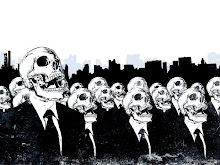




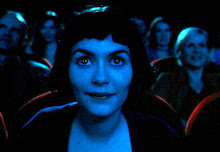

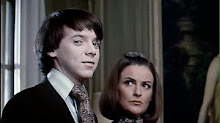



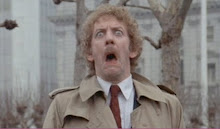
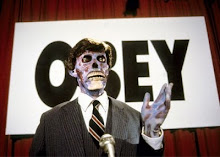



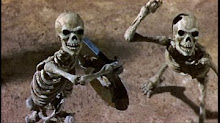
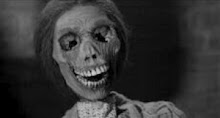
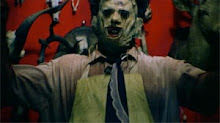
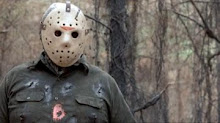
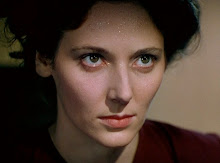


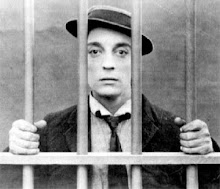
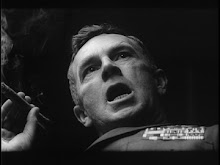
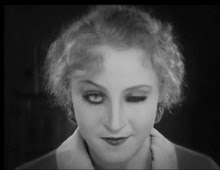
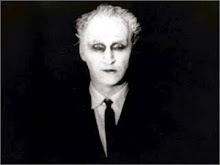
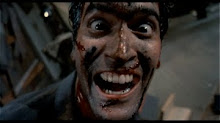
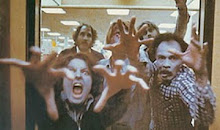
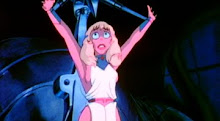
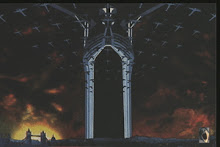
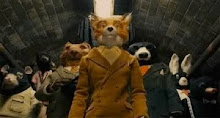
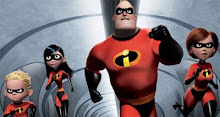
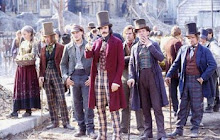

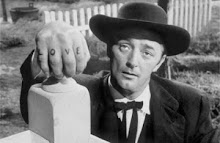
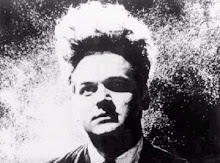
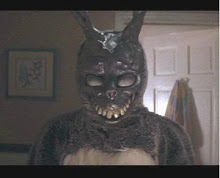

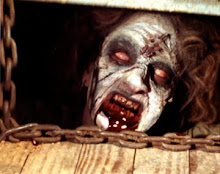
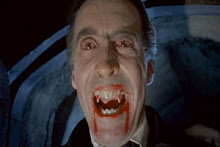

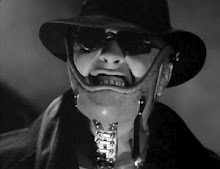
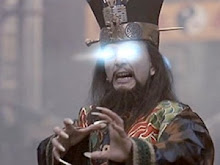


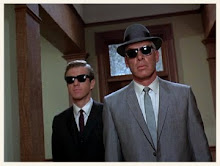
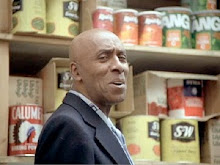

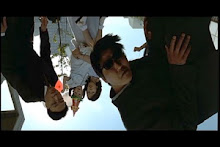


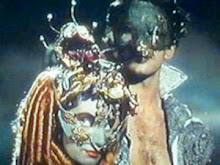

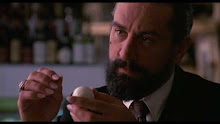
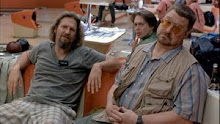
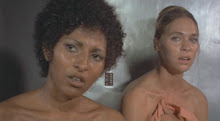

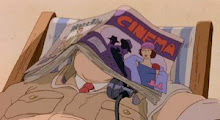
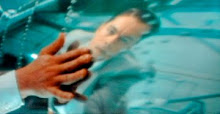
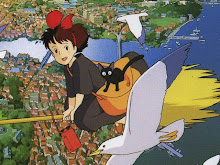

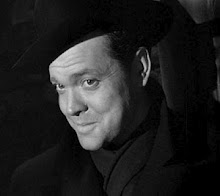
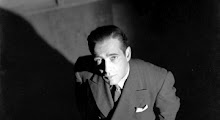

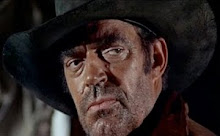
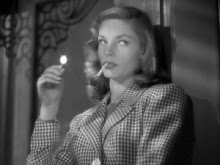
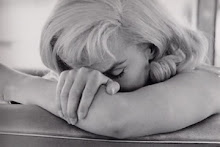
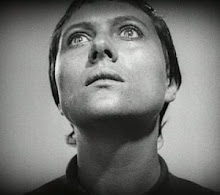

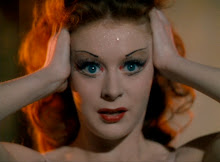

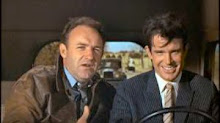

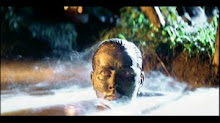


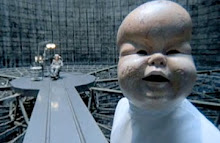
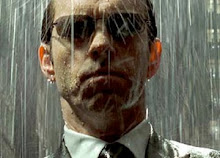
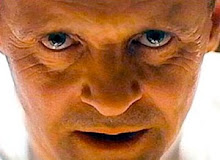




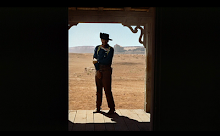


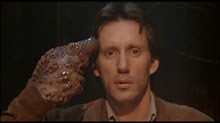

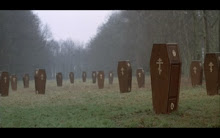





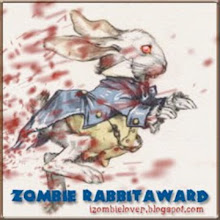

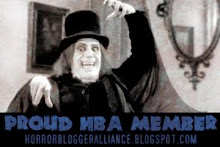
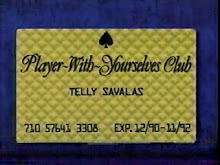
No comments:
Post a Comment